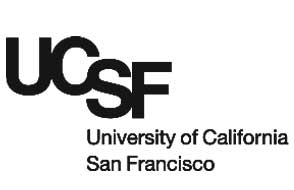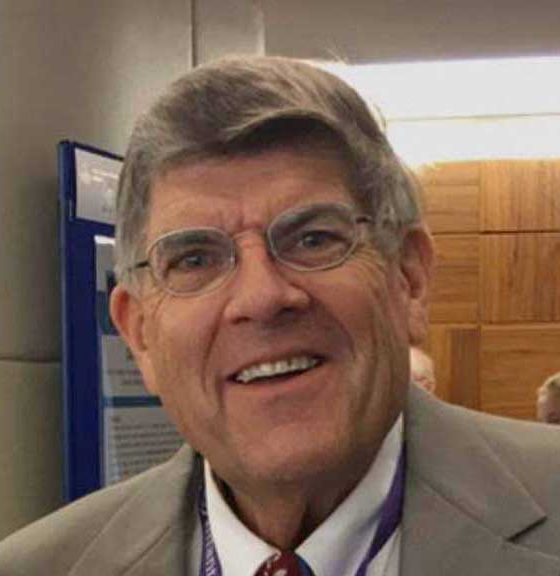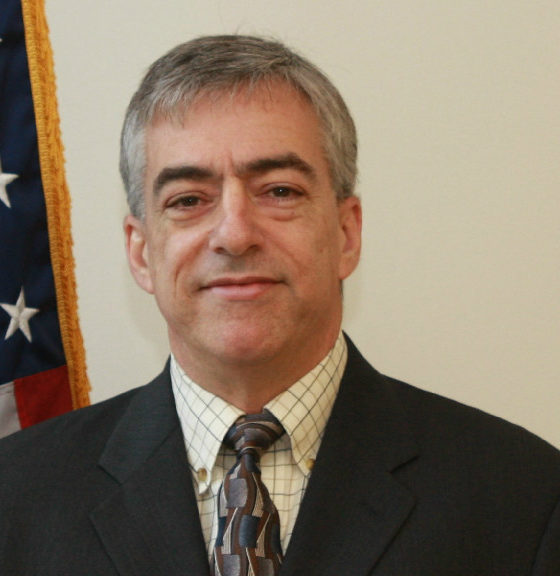Join us for the IAMPOV International Symposium
Stay tunned for the next symposium.

Location details coming soon...
This Symposium highlights new and developing technologies for monitoring Perfusion, Oxygenation and Ventilation. It also provides an educational forum for clinicians, device regulators, engineers, and researchers.
More about the symposium >>ACADEMIC SPONSORS
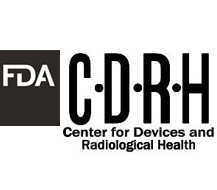

CORPORATE SPONSORS
Typically > 20 on-site exhibitors
PLATINUM PARTNER
SILVER PARTNER
BRONZE PARTNER
Become a Corporate Sponsor and Exhibitor
Early Bird Registration
—
Late Registration
—
ABSTRACT SUBMISSION OPENS
—
ABSTRACT SUBMISSION DEADLINE
—
CONFERENCE DATES
—
MEET THE COMMITTEE
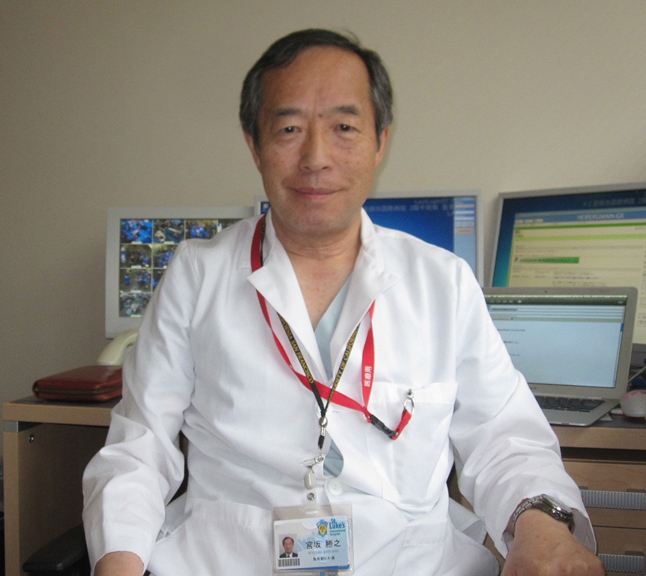
Katsuyuki Miyasaka, MD, PhD, FAAP, FCCP
Katsuyuki Miyasaka received his medical degree from Shinshu University Medical School in Nagano Japan and his PhD from Toho University in Tokyo. He received clinical training at the Hospital for Sick Children in Toronto, Children’’s Hospital of Philadelphia and Massachusetts General Hospital. His research on medical devices started with high frequency oscillation in Toronto and continues with interests in pulse oximetry, safe and simple ventilators, home ventilators and capnometry for non-intubated patients. He is also involved in improving medical training and end of life care in Japan. He is a Designated Professor in Perianesthesia Nursing at St. Luke’s International University Graduate School of Nursing. Dr Miyasaka was Chair to the IAMPOV-2015, which was hosted at St. Luke’s International Hospital in Tokyo, Japan.
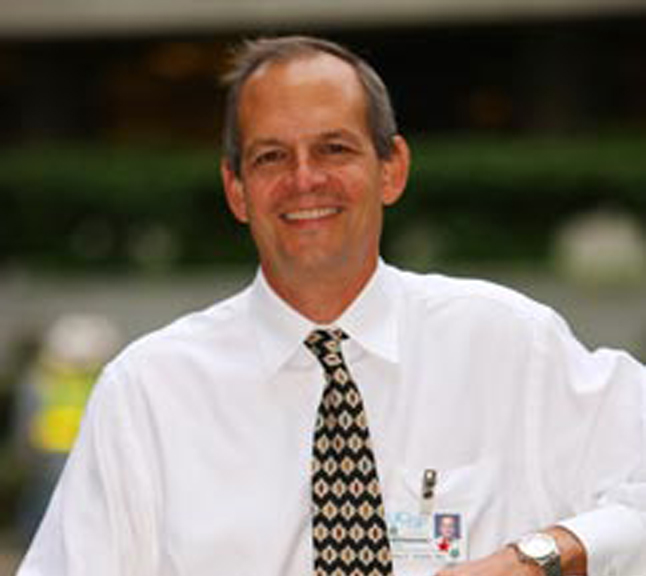
Philip E. Bickler, MD, PhD
Phil Bickler received his PhD in Biology from UCLA and went to Scripps Institution of Oceanography in San Diego as a National Science Foundation and NIH postdoctoral fellow to study acid-base balance in hibernation. During medical school at UCSD, he worked with Professor John West and Frank Powell on intrapulmonary shunts in duck lungs and alligators. He then moved to San Francisco to complete an anesthesiology residency at UCSF with Profes-sor John Severinghaus and is currently a Professor In Residence at UCSF. Since Dr. Severinghaus’ retirement, Dr. Bick-ler assumed directorship of the UCSF Hypoxia Laboratory. He also directs a basic science laboratory that is involved in studying how neurons adapt to oxygen deprivation.
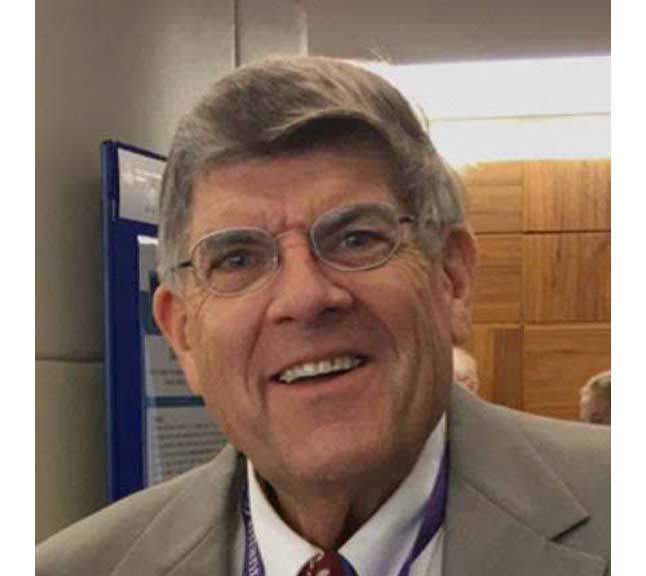
Robert J. Kopotic, MSN, PhDh, FAARC
Bob is a critical care nurse and respiratory therapist with graduate and bachelor’s degrees. While at Emory University and UC San Diego, his studies focused on circulation, oxygenation and ventilation, which led to curriculum development and device patents. Thereafter, Bob directed clinical and regulatory programs for various manufacturers. This combination of disciplines has him now focused on technologies that detect ischemia in advance of organ failure and where algorithms guide personalized patient management of oxygen carrying capacity and perfusion. Owing to his contributions to patient care and the medical device industry, he was inducted into multiple honor societies and invited to chair the ISO Oximeters committee for all clinical oximetry devices. He is currently a Senior Manager of Clinical Affairs at Edwards Lifesciences.
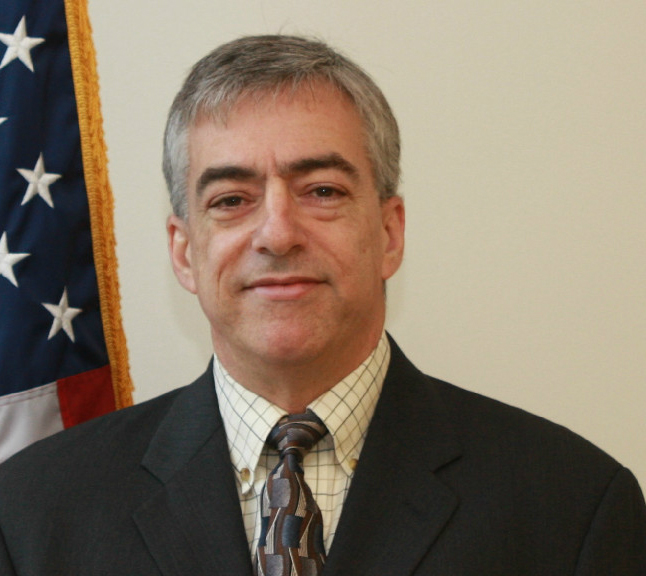
Sandy Weininger, PhD
Currently is a senior engineer within the Federal Drug Administration (FDA) Center for Devices and Radiological Health (CDRH.) Dr. Weininger received his BSEE and MS/BME Degrees from Drexel University in Philadelphia, PA. He received his PhD in Bioengineering from the University of Pennsylvania. Dr. Weininger interests include performance of sensors and assuring safety of interoperable systems. He is a member of the ASTM’s F29-Devices in the Integrated Clinical Environment Committee and Chair of the ASTM Pulse Oximeter Committee and the FDA’s Liaison to IEC TC 62 and SC 62A, committees responsible for safety of electormedical equipment.
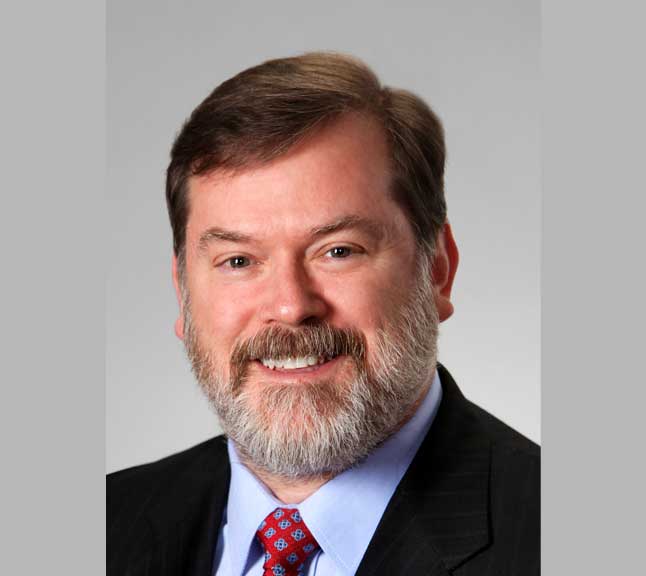
Julian M. Goldman, MD
Julian Goldman is an anesthesiologist at the Massachusetts General Hospital/ Harvard Medical School, the Medical Director of Biomedical Engineering for the Partners HealthCare System, and Director of the Program on Medical Device Interoperability and Cybersecurity (MD PnP), which he founded in 2004 to improve patient safety and accelerate innovation. He trained in clinical anesthesia and completed a research fellowship in medical device informatics (A.I. applications for clinical monitoring) at the University of Colorado. He is Board Certified in Anesthesiology and Clinical Informatics and is active in medical device safety and performance, interoperability, and cybersecurity standardization committees in ISO, IEC, AAMI and UL.
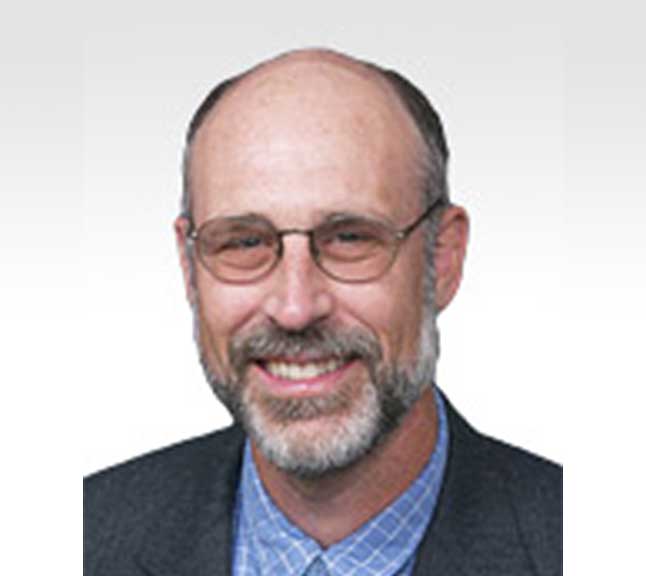
John Feiner, MD
Dr. John Feiner received his medical education from the University of California, San Francisco where is now is a Professor of Anesthesia and Director of Perioperative Anesthesia for their renown Liver Transplant Program. His research addresses clinical questions by studying human subjects or patients. He has a passion for data acquisition programming, data analysis and statistics, mathematical modeling and human studies of respiratory physiology. His research efforts involve testing the accuracy of pulse oximetry (including determination of carboxyhemoglobin, methemoglobin and total hemoglobin), and the accuracy of cerebral oximetry as well as improving the quality of cadaveric organs for transplantation.
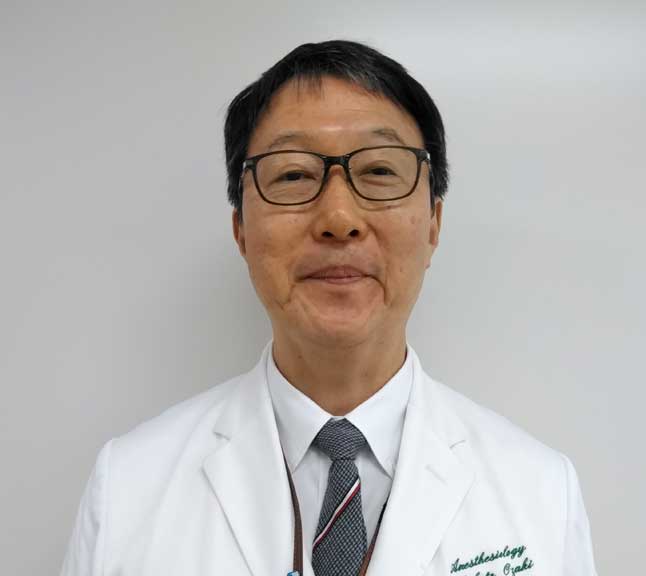
Makoto Ozaki, MD, PhD
Makoto Ozaki received his medical degree from Asahikawa Medical University, in Hokkaido Japan and his PhD from Tokyo Women’s Medical University in Tokyo. He received clinical training at the city hospitals in Tokyo area and Tokyo Women’s Medical University Hospital. During Research Fellow at Department of Anesthesia, University of California, San Francisco, he worked under Dr Daniel Sessler, current chair of outcomes study at Cleveland Clinic, Ohio, USA. He did a lot of study related to physiological basics of thermoregulation of the human with either general or local anesthesia. Since then, He especially focus on temperature related physiology during perioperative periods including core-temperature monitoring system using infra-red technology.


